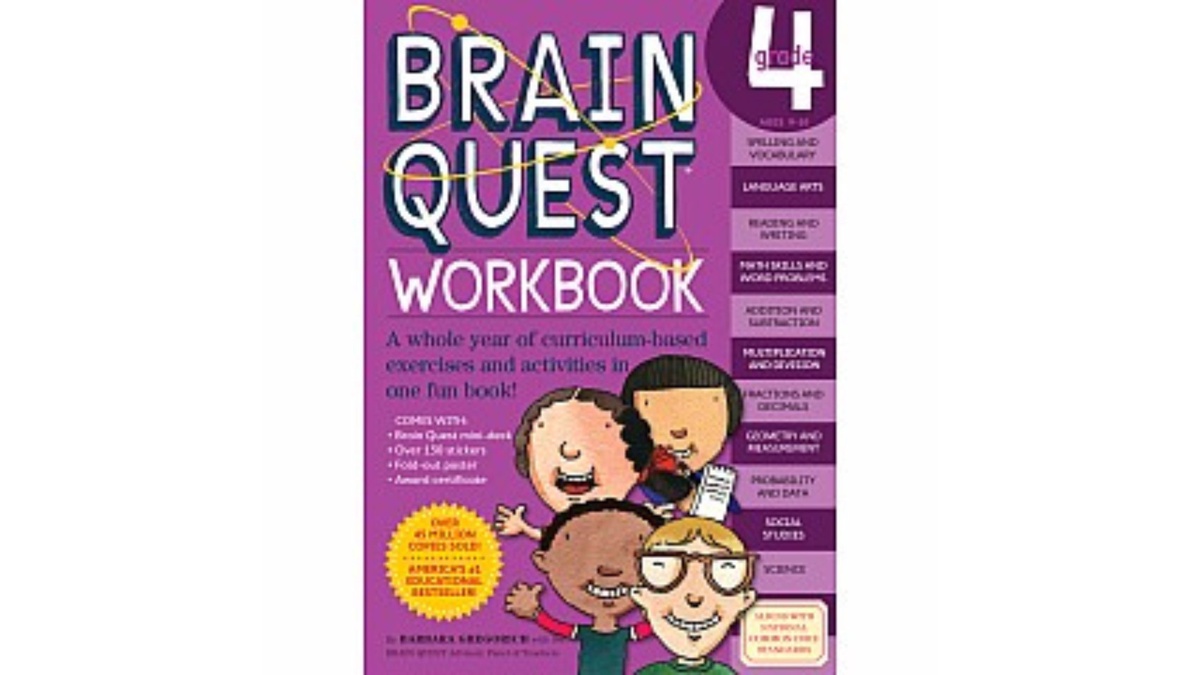Toys are more than just playthings; they can also serve as powerful educational tools that facilitate a child's cognitive, emotional, and physical development. The concept of educational toys has gained significant attention over the years as parents and educators recognize how these toys can impact a child's learning journey.
In this post, we will explore the essential characteristics that make a toy educational and how they contribute to a child's overall development.
Age-Appropriateness
One of the crucial factors that make a toy educational is its age-appropriateness. Toys should be designed to align with a child's developmental stage, ensuring that the content and complexity are suitable for their cognitive abilities. A well-designed educational toy engages a child's curiosity and challenges them at an appropriate level, fostering the development of new skills and knowledge.
Promotes Active Learning
Educational toys encourage active learning, which means they require the child to be actively involved in the play process. Passive entertainment, like watching television, does not stimulate the brain in the same way. Whether it's building blocks, puzzles, or science kits, these toys encourage hands-on exploration, problem-solving, and critical thinking skills. So, if you are a parent or guardian, Buy educational toys for kids and see your little angels flourish.
Sparks Creativity and Imagination
Toys that stimulate creativity and imagination are valuable for a child's development. They allow children to invent their own stories, scenarios, and solutions. Toys like art supplies, construction sets, and pretend play items can ignite a child's creativity, promoting self-expression and cognitive growth.
Fosters Social Interaction
An educational toy should not isolate a child but rather promote social interaction. Cooperative play is essential for a child's social development, teaching them teamwork, empathy, and communication skills. Board games, role-playing toys, and building projects that require collaboration can enhance a child's social abilities.
Builds Problem-Solving Skills
Educational toys that present challenges and problems help children develop their problem-solving skills. These toys encourage kids to analyze situations, come up with solutions, and learn from their mistakes. Puzzles, logic games, and building kits are excellent examples of toys that promote problem-solving abilities.
Enhances Fine and Gross Motor Skills
Educational toys that involve manipulating objects, such as threading beads, playing with building blocks, or handling tools for scientific experiments, help improve a child's motor skills and hand-eye coordination.
Integrates STEM Concepts
In recent years, there has been a significant focus on integrating STEM (Science, Technology, Engineering, and Mathematics) concepts into educational toys. These toys introduce basic scientific principles, mathematical concepts, and engineering fundamentals in a playful and accessible manner. STEM-focused toys nurture a child's interest in these fields, preparing them for future learning and potential careers.
Multisensory Experience
Educational toys like Fun activity books for kids often provide a multisensory experience, engaging multiple senses simultaneously. When children can see, touch, hear, and sometimes even smell or taste aspects of a toy, it enhances their learning experience. This multisensory approach aids in memory retention and understanding of various concepts.
Final Thoughts
Buying educational toys for kids is a powerful way to support their learning and development. By providing children with toys that cater to their developmental needs and interests, we can foster a love for learning, critical thinking, and problem-solving skills that will serve them well throughout their lives.
Remember, the best educational toys don't necessarily need to be the most expensive; they should be thoughtfully designed to engage and inspire young minds.


No comments yet